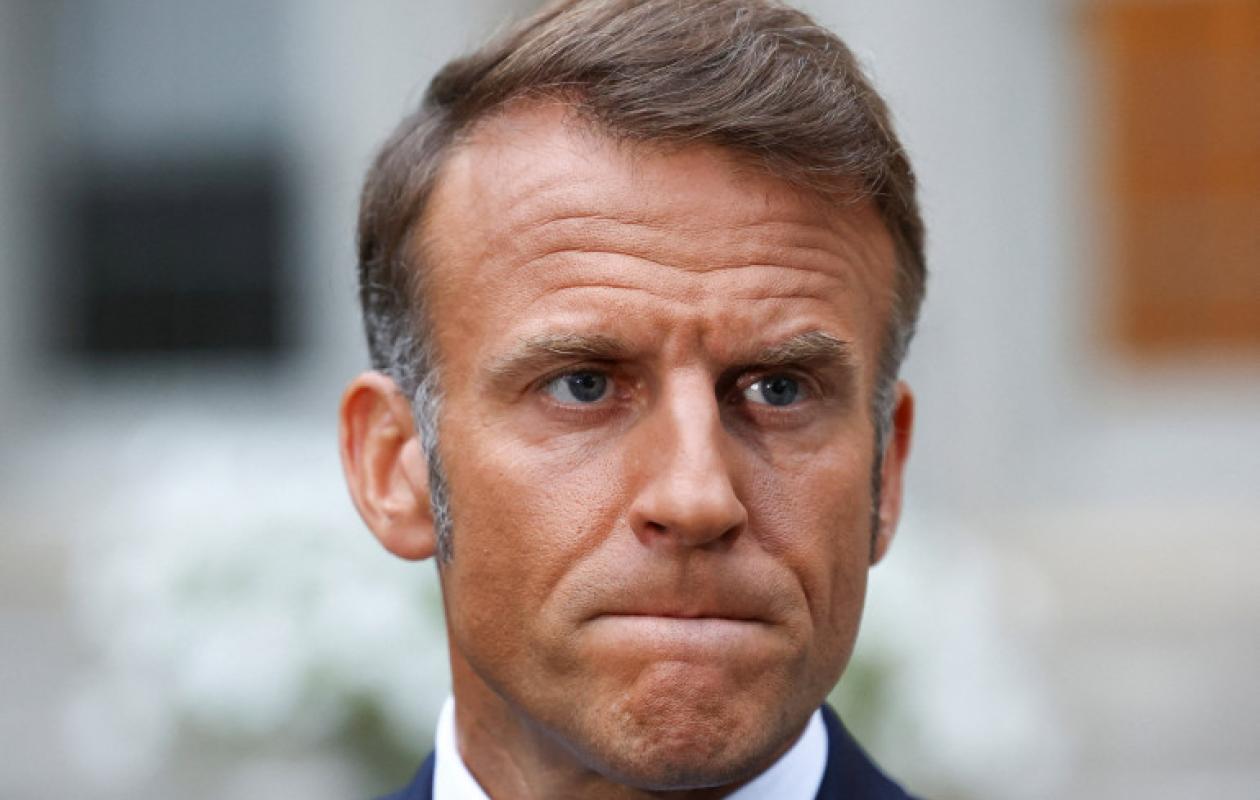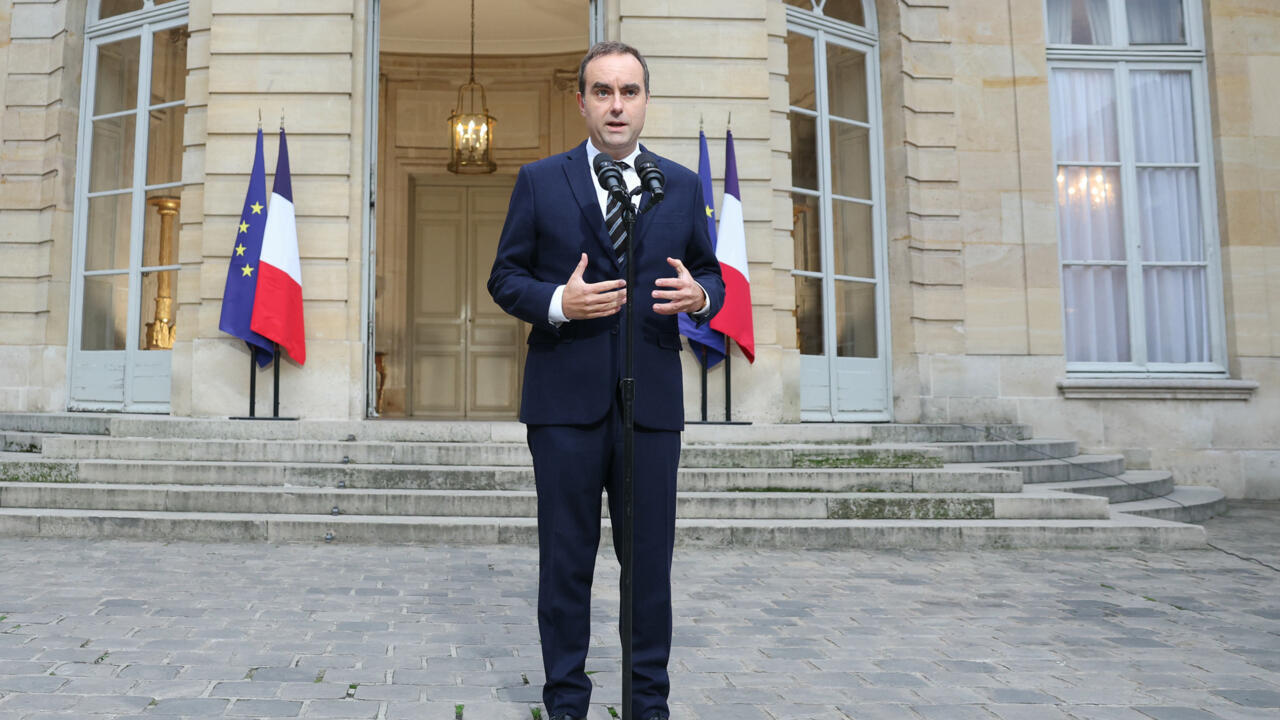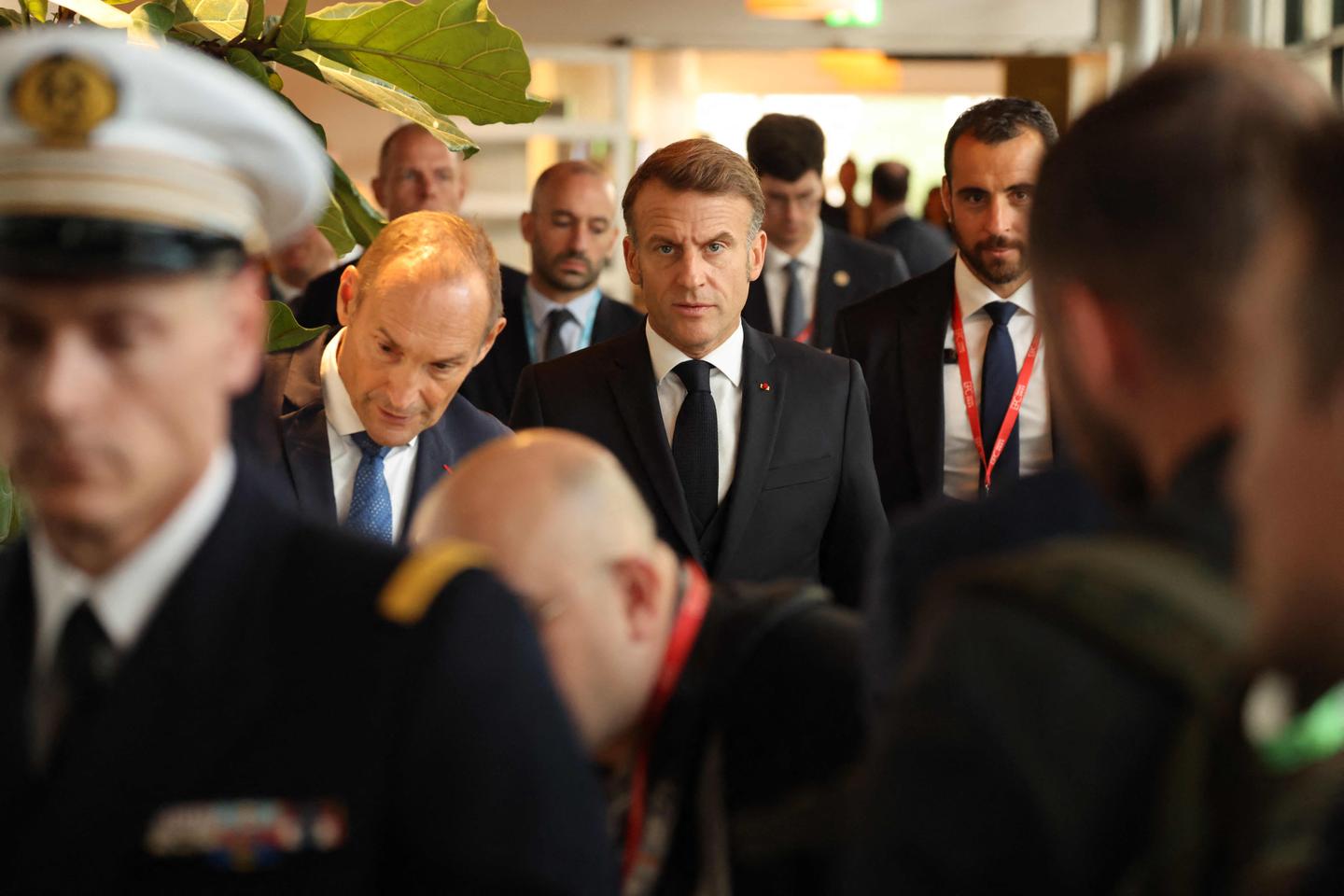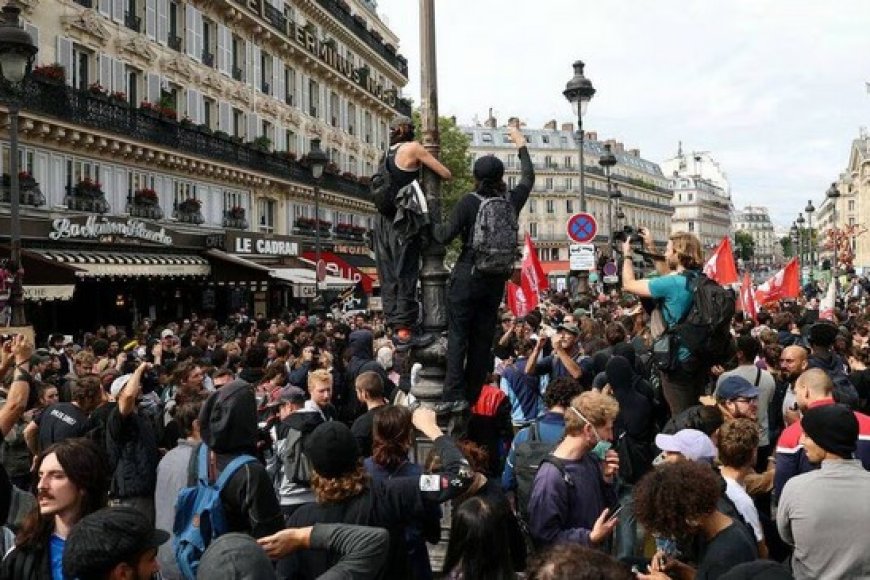French Prime Minister Sébastien Lecornu Resigns, Plunging France into Political Crisis
In a stunning move, French Prime Minister Sébastien Lecornu resigned on Monday, just weeks after taking office and hours after unveiling his new cabinet. This has deepened the ongoing political crisis in France and placed further pressure on President Emmanuel Macron. The resignation makes Lecornu the shortest-serving prime minister in the modern French republic.
Lecornu's Brief Tenure and Reasons for Resignation
Lecornu, a close ally of Macron, cited the unwillingness of political parties to compromise as the primary reason for his departure. He stated that the "conditions were no longer fulfilled" for him to govern effectively, blaming "egos" and "partisan appetites." His appointment came after a no-confidence vote toppled his predecessor, François Bayrou, highlighting the deep divisions within the French parliament.
Lecornu had promised a "break" from past practices, vowing not to use Article 49.3 of the French constitution to force legislation without a vote. However, this concession was not enough to garner support from opposition parties, who criticized his cabinet choices as being largely unchanged from the previous government.
Political Reactions and Potential Scenarios
The resignation has triggered a wave of reactions from across the political spectrum. Marine Le Pen of the National Rally party called for snap parliamentary elections, while the far-left France Unbowed party demanded Macron's resignation. The instability has also rattled investors, causing the CAC-40 index to plunge.
Macron now faces several challenging options. He could appoint another prime minister, dissolve the National Assembly and call for new legislative elections, or resign himself. While the latter is considered the least likely, the other two options present significant risks, including the potential for gains by the far-right.
France's Underlying Political and Economic Challenges
France has been grappling with a steep deficit, political acrimony, and questions about the future of its social spending. The country has been struggling to regain control of its finances, and attempts to implement budget cuts have faced strong opposition. The current political instability stems from the snap elections called by Macron in 2024, which resulted in a hung parliament with no party holding a majority.
This political deadlock has made it difficult for any prime minister to secure support for legislation, leading to a series of short-lived governments. The resignation of Lecornu further underscores the deep divisions and challenges facing France as it seeks to navigate its political and economic future.
Key Quotes
"You cannot be prime minister when the conditions are not met." - Sébastien Lecornu
"The only wise thing to do now is to hold elections." - Marine Le Pen
"The countdown has begun. Macron must go." - Mathilde Panot
Potential Paths Forward for Emmanuel Macron
- Appoint a new Prime Minister to attempt to navigate the current political landscape.
- Dissolve the National Assembly and call for new elections.
- Resign, triggering an early Presidential election (least likely).
| Key Figure | Position |
|---|---|
| Sébastien Lecornu | Former Prime Minister of France |
| Emmanuel Macron | President of France |
| Marine Le Pen | Leader of the National Rally |
| François Bayrou | Former Prime Minister of France |
The resignation of Sébastien Lecornu intensifies the pressure on President Macron. The coming weeks will be crucial in determining whether France can find a path towards political stability or whether it will continue to be mired in crisis.
 Visit the website
Visit the website







